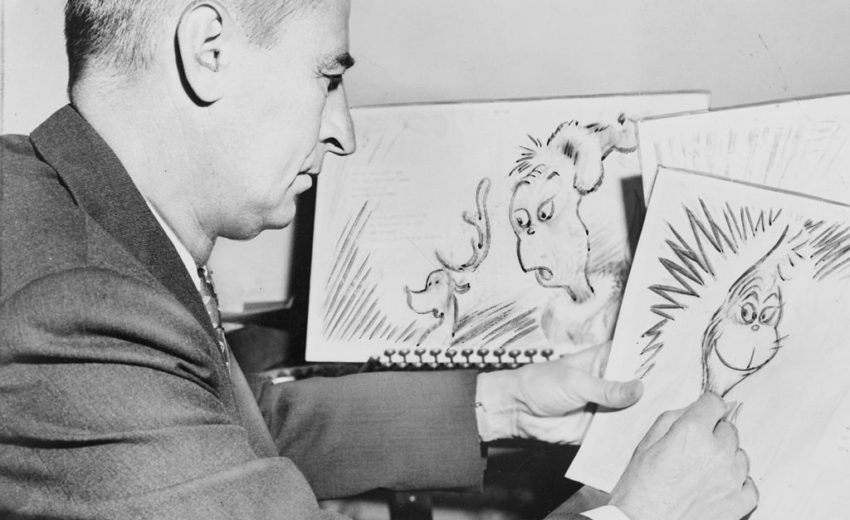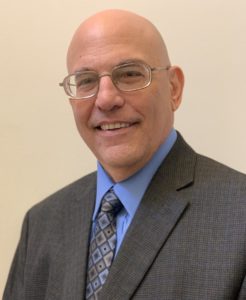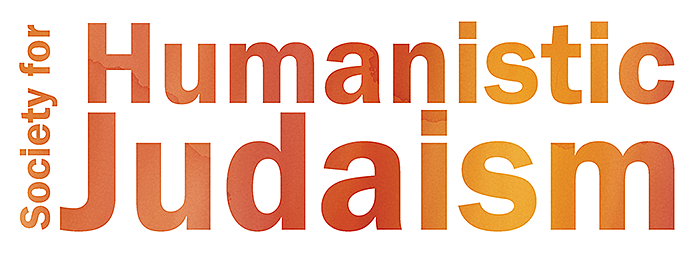
This is a guest post by Jeffrey L. Falick, Rabbi of the Birmingham Temple Congregation for Humanistic Judaism in Metro Detroit, Michigan.
(March 2 is Theodor Geisel’s birthday.)
Last year at just about this time I was preparing a Friday night presentation (postponed by our closing) about one of my heroes, Theodor Geisel, better known as Dr. Seuss. For many years and in many schools March 2, the good “doctor’s” birthday, was celebrated as “Read Across America Day.” Over the last few years, against the background of the growing American self-examination of our racist past, educators have increasingly focused on celebrating a diverse array of children’s authors. Many have also promoted a more critical look at Geisel’s body of work.
This is all to the good, unless you happen to be on a political crusade against “cancel culture.” In that particular holy war there is little room for subtlety. This is why upon hearing that one school district was attempting to contextualize Dr. Seuss, some have gone out of their way to misconstrue what these schools are doing as “cancellation.”
In fact, knowing something about Geisel, I think he would have approved of this movement. Though he was a committed progressive, he was also born in 1904 and was a man of his time. Some of his early work contains egregious examples of racism. I specifically recall one book in my collection from 1929 that contains an illustration of an odious out-of-date expression, “a n***** in the woodpile.” Not his finest moment.
Over the years, Geisel’s political cartoons in progressive journals like PM took on fascism at a time when it was not in vogue to do so. Like the Jewish cartoonists who shocked America’s isolationist sentiments by depicting Captain America punching Hitler, Geisel created as many enemies as friends with his relentless attacks on fascism and antisemitism. He was ruthless dealing with Charles Lindbergh, Father Coughlin, and their ilk. Yet when war did break out he fell into using the same anti-Japanese caricatures that virtually every other American was using. It wasn’t right or defensible and it was definitely not even close to as bad as what we see in the works of his contemporaries, but it was still racist and something he came to regret.
In fact, in the post-war era, Geisel renounced all bigotry, something that became a hallmark of his children’s literature. As a young child in a racist environment, it was Dr. Seuss who taught me the lessons of equality in his story of the Sneetches. My own synagogue used the book when we learned about the Holocaust. Whoever that 25-year-old man was that illustrated that reprehensible 1929 idiom, he was long gone by 1961. And do we not measure the contributions of a person by the totality of who they were, including their growth, especially someone who did as much good for so many as Theodor Geisel?
Both Judaism and Humanism teach us that humans are terribly fallible, given to both great shortcomings and heroic behavior. In Jewish parlance we call the ability to address this by the term teshuva, the process by which we recognize when we’ve missed the mark and work to reverse course. If anyone demonstrated this value the (non-Jewish) Theodor Geisel did. He was absolutely aware of how he betrayed his later commitments with some of his early work. He spoke about it and openly regretted it. He was, as are we all, a person of his times. But as a committed progressive he also pushed himself to be better, to do better. That is the lesson of Dr Seuss’s life and work. Critical re-assessment and contextualization are not cancelation. They are realistic appreciation.
_____________________
For those interested in learning more about him, I highly recommend “Becoming Dr. Seuss: Theodor Geisel and the Making of an American Imagination” by Brian Jay Jones.




That piece about Dr. Seuss was amazing! I’m really impressed with how it was delivered and how the Rabbi mentioned that as Humans we are fallible. Thank you for that.